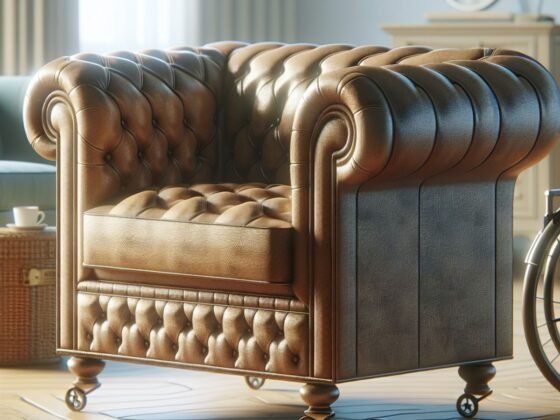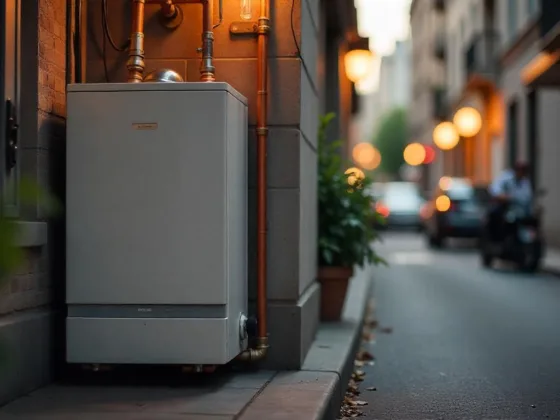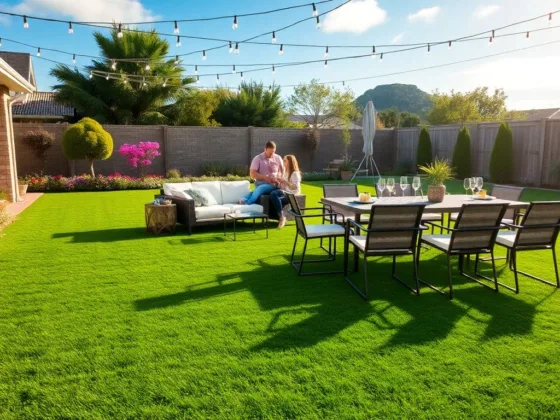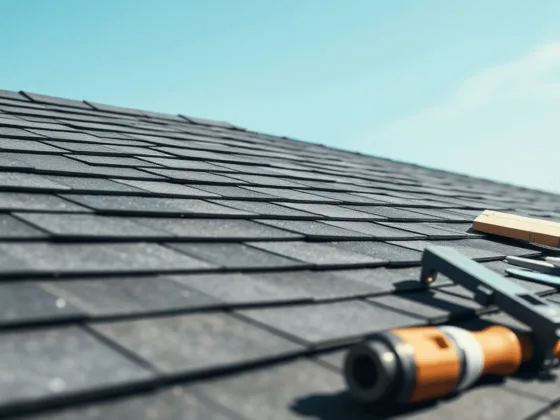Table of Contents Show
Are you facing a plumbing nightmare? From dripping faucets to burst pipes, the consequences of bad plumbing can be far-reaching and costly. In this comprehensive guide, we’ll delve into the depths of bad plumbing and explore its damaging effects on your home, your wallet, and your sanity.
6 Results of Bad Plumbing
Plumbing services and heating experts, at Lazard Plumbing, have outlined the consequences of bad plumbing below:
The Dangers Lurking Within
Poorly maintained plumbing can lead to a plethora of problems, ranging from minor annoyances to major catastrophes. Leaky pipes, for instance, may seem harmless at first, but they can cause water damage, mould growth, and even structural issues if left unchecked. Clogged drains, meanwhile, can result in sewage backups and foul odours, creating a health hazard for you and your family.
The Silent Saboteur: Water Leaks

One of the most insidious consequences of bad plumbing is water leaks. Even a small drip from a faucet or a hairline crack in a pipe can waste gallons of water and drive up your utility bills. Moreover, water leaks can seep into your walls, floors, and ceilings, causing water damage and promoting the growth of mould and mildew. Left unchecked, these leaks can weaken the structural integrity of your home, leading to costly repairs down the line.
Detecting water leaks early is crucial for preventing further damage. Keep an eye out for signs such as damp patches, water stains, or a musty smell, and don’t hesitate to call a plumber if you suspect a leak.
Clogged Drains: A Recipe for Disaster
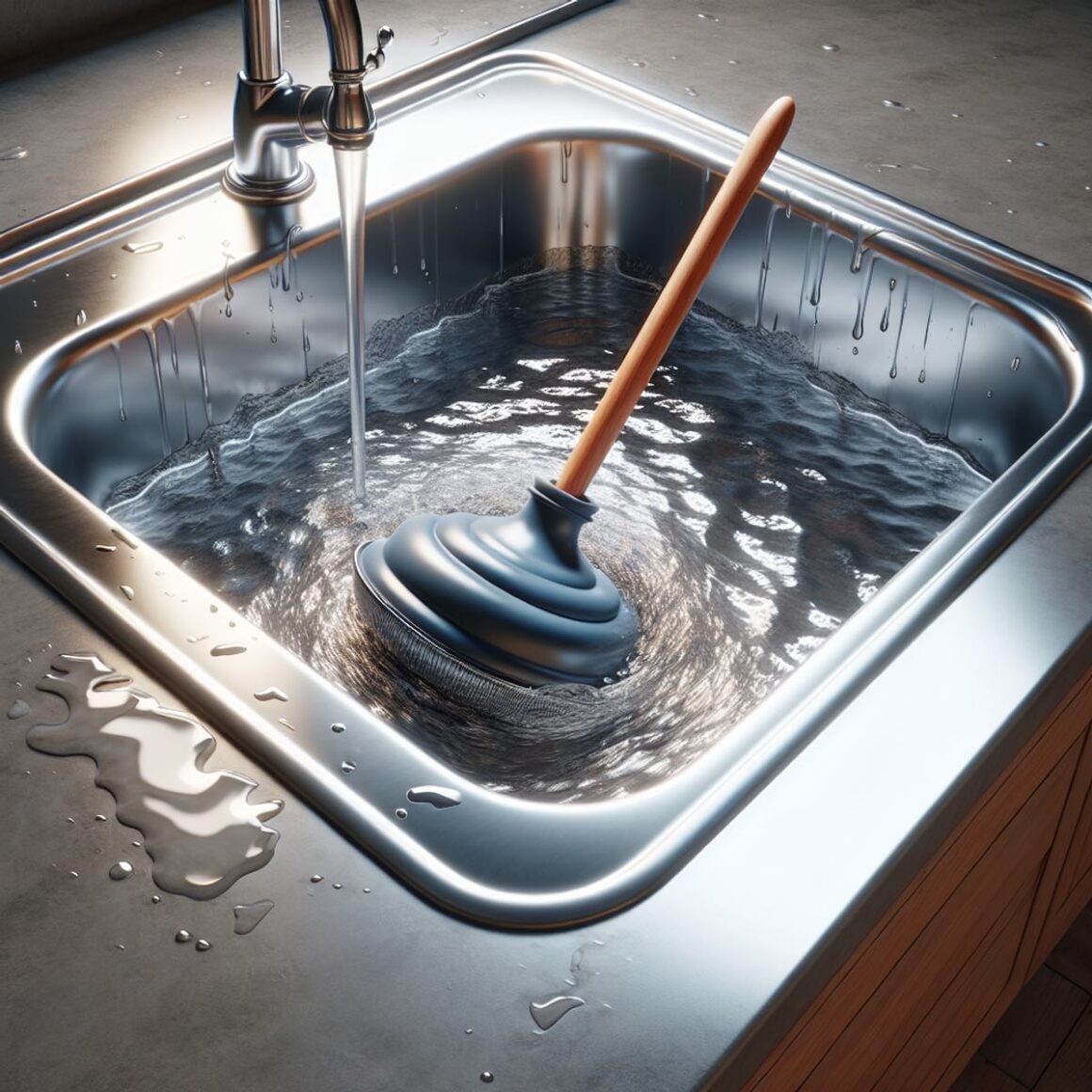
Another common consequence of bad plumbing is clogged drains. Whether it’s a buildup of hair in the shower drain or grease in the kitchen sink, clogs can quickly escalate from a minor inconvenience to a major headache. Not only can clogged drains disrupt your daily routine, but they can also lead to sewage backups, which pose a serious health risk to you and your family.
Preventing clogs is often a matter of proper maintenance. Avoid pouring grease, oil, or food scraps down the drain, and use drain guards to catch hair and debris. Regularly flushing your drains with hot water can also help prevent buildup and keep your plumbing running smoothly.
The Financial Toll
The financial impact of bad plumbing can be staggering. Water leaks, for example, can cause your water bill to skyrocket, while repairs for water damage can cost thousands of pounds. Additionally, ignoring plumbing problems now can lead to more extensive (and expensive) repairs down the line. It’s a vicious cycle that’s best avoided.
In addition to the direct costs of repairs and water bills, bad plumbing can also decrease the value of your home. Potential buyers are likely to be deterred by plumbing issues, and if left unresolved, these problems can lead to costly negotiations during the sale process.
Protecting Your Property
Prevention is key when it comes to mitigating the damage caused by bad plumbing. Regular maintenance and inspections can help catch problems early on, preventing them from spiralling out of control. Investing in high-quality plumbing fixtures and appliances can also reduce the likelihood of issues arising in the first place.
Consider scheduling an annual plumbing inspection to identify any potential problems before they escalate. During the inspection, a qualified plumber can check for leaks, inspect your pipes for signs of corrosion or damage, and ensure that your plumbing system is functioning properly.
Finding a Fix
When disaster strikes, it’s essential to act quickly to minimise the damage. Having a reliable plumber on speed dial can make all the difference in resolving plumbing emergencies promptly and efficiently. Remember, a stitch in time saves nine – addressing plumbing problems promptly can save you time, money, and stress in the long run.
If you’re experiencing a plumbing emergency, don’t hesitate to call a professional plumber. Trying to fix the problem yourself can often make matters worse and end up costing you more in the long run. A qualified plumber will have the expertise and equipment to diagnose and repair the issue quickly and effectively, saving you time and hassle.
What Causes Bad Plumbing?
Understanding the root causes of bad plumbing is essential for effectively preventing and addressing plumbing issues. Several factors can contribute to the deterioration of your plumbing system, leading to leaks, clogs, and other problems.
Age
Like any other component of your home, your plumbing system has a lifespan. Over time, pipes can corrode, joints can weaken, and fixtures can deteriorate, increasing the likelihood of leaks and other issues. If your home is more than a few decades old, it may be time to consider replacing some or all of your plumbing system to avoid future headaches.
Poor Installation
Improper installation of plumbing fixtures and pipes can lead to a host of problems down the line. If pipes are not properly aligned or secured, they may be prone to leaks or damage. Similarly, if fixtures are installed incorrectly, they may not function as intended, leading to issues such as poor water pressure or frequent clogs. Hiring a qualified plumber to handle installation tasks can help prevent these problems from arising.
Hard Water
In areas with hard water, mineral deposits can accumulate inside pipes over time, leading to reduced water flow and increased risk of clogs. Additionally, these deposits can cause corrosion and damage to plumbing fixtures and appliances. Installing a water softener can help mitigate the effects of hard water and prolong the life of your plumbing system.
Harsh Chemicals
Many homeowners turn to chemical drain cleaners to tackle clogs, but these products can actually do more harm than good. The harsh chemicals in these cleaners can corrode pipes and damage fixtures, leading to leaks and other plumbing issues. Instead of relying on chemical drain cleaners, consider using a plunger or a plumbing snake to clear clogs, or consult a professional plumber for power flushing assistance.
Extreme Temperatures
Fluctuations in temperature can wreak havoc on your plumbing system, especially in regions with cold winters. When water freezes inside pipes, it can expand and cause them to burst, leading to costly water damage. Proper insulation and winterization can help protect your pipes from freezing temperatures and prevent these disasters from occurring.
Closing Thoughts
Bad plumbing is more than just an inconvenience – it’s a ticking time bomb waiting to wreak havoc on your home and your finances. By understanding the dangers posed by faulty plumbing and taking proactive steps to address them, you can protect yourself and your property from the costly consequences. Don’t wait until it’s too late – take action today to safeguard your plumbing and your peace of mind. Your home deserves nothing less than the best care, so ensure your plumbing is in top-notch condition to prevent any unwanted surprises down the line.
FAQs (Frequently Asked Questions)
Bad plumbing can lead to dripping faucets, plumbing and heating issues, a plethora of problems, water leaks, clogged drains, and staggering financial impact.
Poorly maintained plumbing can lead to various problems, including water leaks, clogged drains, and significant financial impact.
Water leaks are one of the most insidious consequences of bad plumbing.
Clogged drains are a common consequence of bad plumbing.
Potential causes of bad plumbing include age, poor installation, hard water, use of harsh chemicals, and extreme temperatures.
Prevention is key when it comes to protecting your property from the consequences of bad plumbing.

